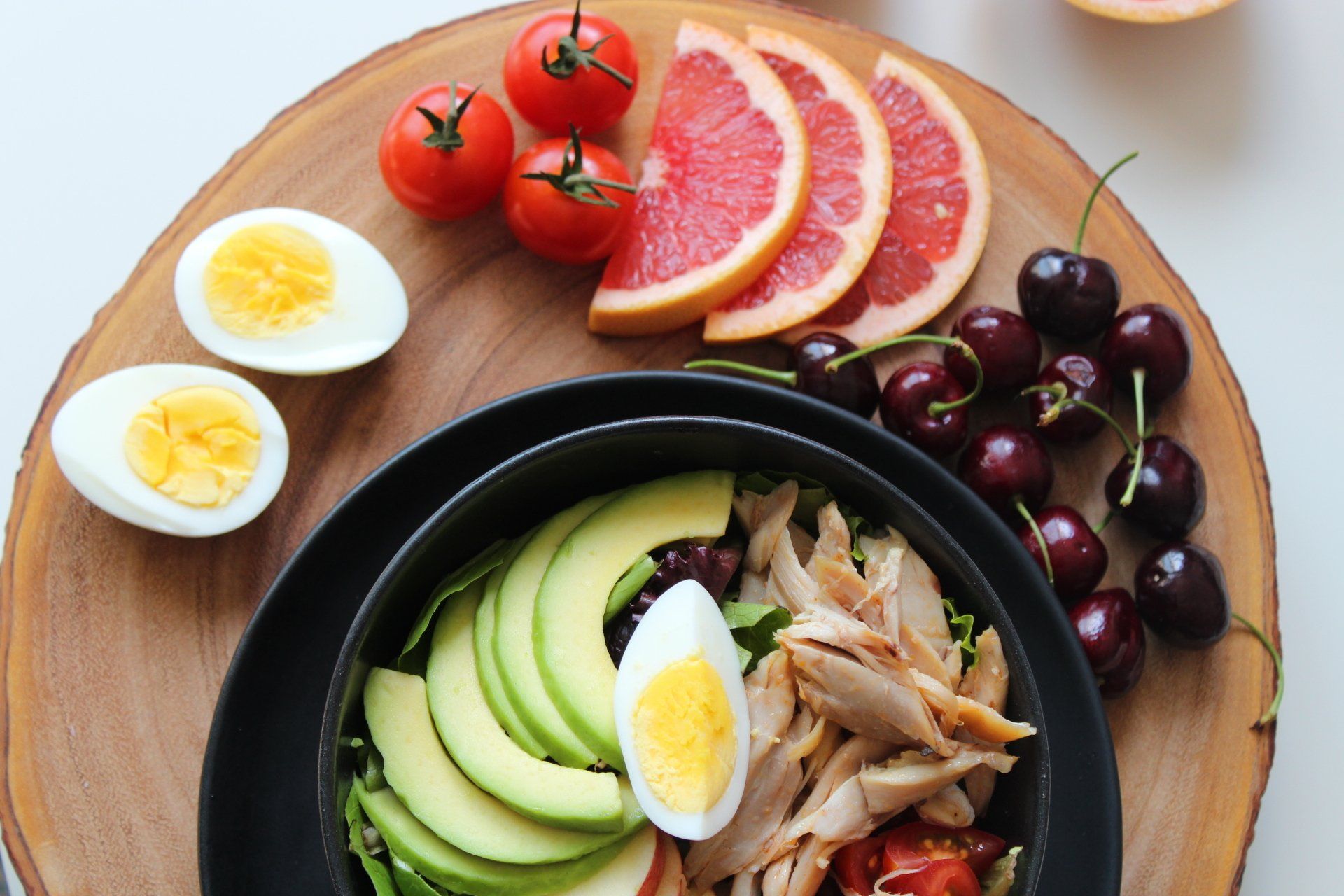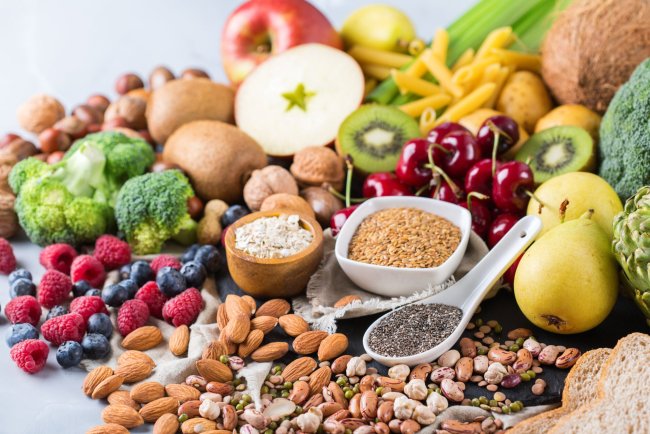Diet and Age at Menopause: Can What You Eat Really Influence When It Happens?
For most women, menopause feels like a natural yet mysterious milestone, something that arrives on its own schedule, indifferent to your calendar or to-do list. But new research suggests your diet might play a surprising role in when that moment actually comes.

A study published in the Journal of Epidemiology and Community Health discovered that what you put on your plate could influence the age at which menopause begins. The findings? Women who regularly ate refined carbs like white pasta and rice tended to reach menopause earlier. Meanwhile, those who filled their diets with oily fish, beans, and other legumes experienced menopause later sometimes by several years.
Fish, Beans, and a Little Extra Time
Researchers found that each daily serving of oily fish or legumes delayed menopause by an average of 3.3 years. On the other hand, each extra serving of refined pasta or rice sped things up by 1.5 years.
Even certain nutrients played a subtle but significant role: higher intakes of vitamin B6 and zinc were associated with slightly later menopause about 0.6 and 0.3 years, respectively. Interestingly, vegetarian women in the study reached menopause earlier than meat-eaters, though the reasons behind that aren’t entirely clear.
So why might food make such a difference? Researchers believe that the antioxidants in legumes and omega-3 fatty acids in fish could help protect a woman’s eggs from oxidative stress, essentially slowing down the aging process of the ovaries. Refined carbs, on the other hand, can increase the risk of insulin resistance, a condition that may disrupt hormone balance and hasten menopause.
A Diet That Supports More Than Hormones

Dr. Sylvia Ley, an instructor in medicine at Harvard Medical School, puts it simply: “The message from this study aligns with what we already know about chronic disease prevention and heart health.”
In other words, the same foods that help your heart and metabolism may also support your hormonal longevity. A balanced, nutrient-rich diet full of whole foods, omega-3s, fiber, and antioxidants doesn’t just help you feel better in your 30s and 40s; it might also extend the timeline before menopause begins.
Why Timing Matters
The age at which menopause occurs isn’t just about reproductive health it can influence your long-term wellbeing.
Earlier menopause (before 40) has been linked to:
Lower bone density and higher risk of osteoporosis
Increased chances of heart disease
Greater vulnerability to depression
Even a slightly higher risk of premature death

Meanwhile, later menopause (after 55) may come with its own complications, such as a higher likelihood of breast, ovarian, and endometrial cancers.
The average age of menopause is around 51, and in this study, the women were close to that, about 50.5 years old. So while the shifts may seem subtle, even a year or two can make a meaningful difference in health outcomes.
A Thoughtful Study, But Not the Final Word
As fascinating as the findings are, this study isn’t definitive. Researchers relied on participants’ recollections of what they ate, which can introduce error. Only about 900 women were analyzed in the final data set, and the follow-up lasted just four years, a blink in the long arc of women’s hormonal health.
Still, these results echo other research, like the Nurses’ Health Study II, which linked lower calcium and vitamin D intake to earlier menopause. Together, these findings suggest that what we eat and how consistently we nourish ourselves might subtly influence reproductive aging.
The Bottom Line
Even if scientists can’t yet pinpoint exactly how diet affects the timing of menopause, one truth remains: a healthy, balanced diet supports your body through every season of life.
If oily fish, beans, whole grains, and plenty of colorful produce can not only protect your heart but also keep your hormones humming a little longer, that's a win worth savoring.
So maybe the secret to aging gracefully isn’t about fighting time at all. It’s about feeding yourself in a way that lets your body move through its changes on its own, well-nourished terms.
What's Your Reaction?




















